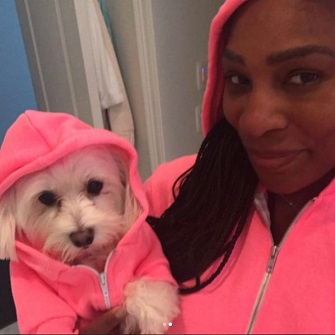
Can My Pet Catch Coronavirus?
Those of us who have pets know how much joy they can bring. They are our best friends, even family members. We love them and worry about them. And with the U.S. bracing for another onslaught of COVID-19, many of us are wondering “Can my pet catch coronavirus?

Although the risk is low, there have been a few cases where pets have contracted COVID-19. This happened mostly when they came in close contact with people who had it, according to the CDC. Therefore, you should treat your pets with the same care as you would yourself and your family members in preventing them from getting sick. This means practicing social distancing guidelines and keeping them away from any household member who feels unwell.


Specifically, this means to avoid petting, snuggling, being kissed or licked, sleeping in the same location, and sharing food or bedding.
If possible, a household member should be designated to care for your pets in the home and should follow standard handwashing practices before and after interacting with the household animal.
Can I Get Covid From My Pet?
According to the World Health Organization, Dogs, and cats in contact with infected humans have tested positive for COVID-19. However, there is no evidence to date that they can transmit COVID-19 to humans.

Tips for protecting your pet during coronavirus
As mentioned above, the risk of a pet contracting coronavirus is low, but it’s still smart to play it safe. If you have a dog, that means you’re most likely getting outside for stress relieving walks and fresh air. There’s probably a better chance that you’re meeting your daily exercise requirements as well. Here are seven tips on how best to protect your pet and your family when you venture outside.
- Keep your dog on a leash and make sure they stay the recommended 6 feet from animals outside your household.
- Avoid dog parks or other public places where crowds and animals tend to gather.
- Don’t let other people pet your dog to maintain social distancing guidelines.

- Wash your hands frequently and shampoo your dog regularly.
- Keep cats indoors as much as possible.
- Wear a mask that covers your nose and mouth when you go outside.
- Keep your children from areas that might have dog or cat feces.
